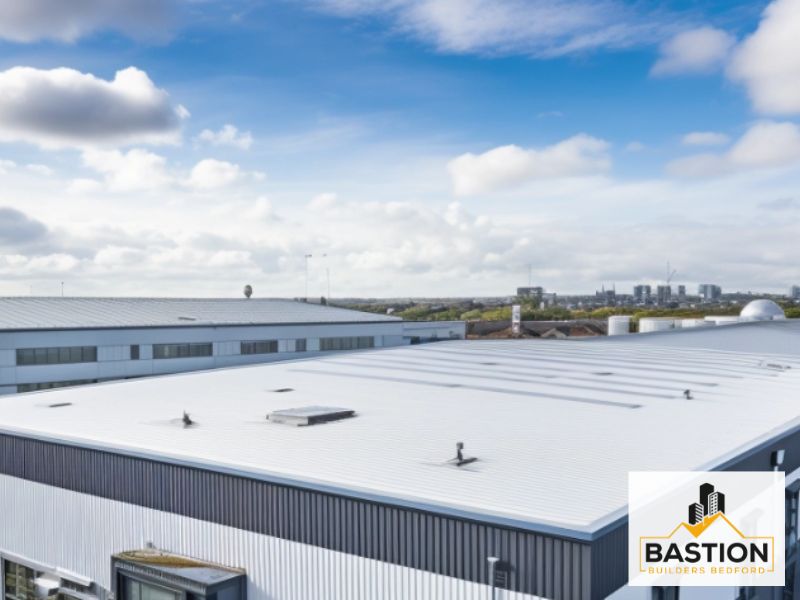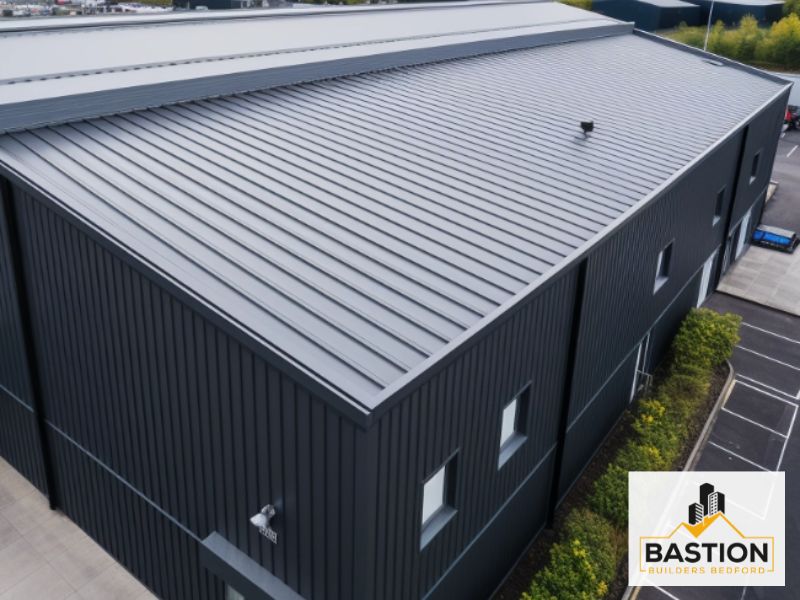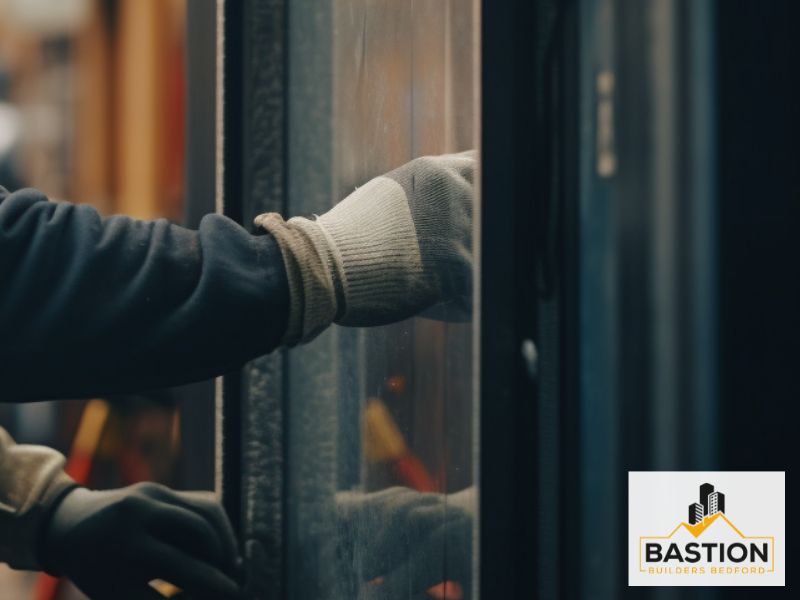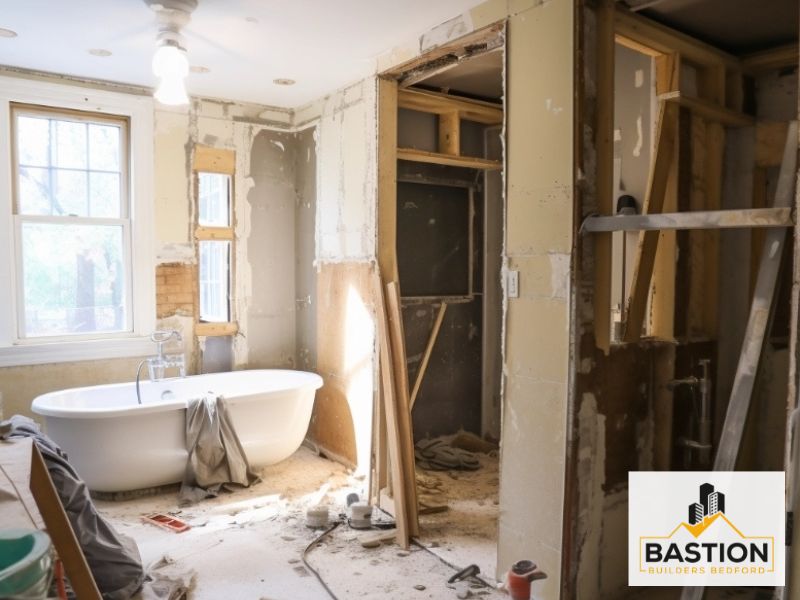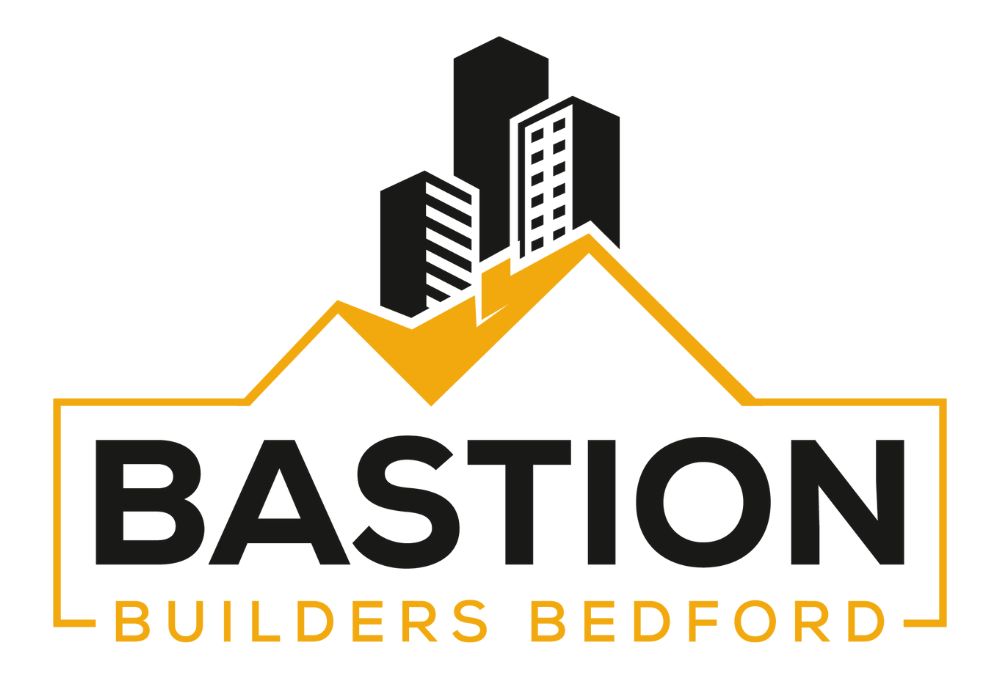The importance of safety protocols in commercial building cannot be overstated. Builders in Bedford prioritize safety to ensure a secure working environment for all. Contact builders in Bedford today for a free quote and adhere to safety standards that guarantee peace of mind throughout your commercial building project.
- Commercial buildings in the UK serve a range of purposes, including offices, retail stores, warehouses, factories and more. Within these buildings are employees, customers, goods and equipment that all need effective protection.
- Safety protocols in commercial buildings refer to the policies, procedures and measures put in place to ensure the wellbeing of occupants and assets. These protocols cover areas like fire safety, emergency evacuation, security, maintenance checks and more.
- Properly implementing safety protocols is crucial for any commercial operation in the UK in order to safeguard human life, meet legal obligations, avoid disruption and maintain productivity. This article will examine the key aspects related to safety protocols for commercial buildings.
Legal Framework for Safety Protocols in Commercial Buildings
Regulatory Bodies
- Health and Safety Executive (HSE) – The HSE is the main regulatory body responsible for providing guidance and enforcing regulations around safety protocols in workplaces, which includes commercial buildings.
- Local authorities and building control – Local councils are tasked with administering and enforcing certain building safety standards through building regulations and work alongside organisations like the HSE.
Building Regulations
- Overview of key regulations – There are important building regulations around aspects like fire safety, ventilation, structural integrity and accessibility that commercial building owners and managers need to comply with.
- Compliance requirements for commercial buildings – Depending on factors like the height, purpose and location of a commercial building in the UK, certain specific regulatory requirements will apply that dictate necessary safety protocols.
Key Safety Protocols in Commercial Buildings
Fire Safety
- Importance of fire safety in commercial buildings – Fires in commercial buildings can endanger many lives and cause immense economic damage. Well-planned fire safety measures are vital.
- Fire detection and prevention measures – This includes having networked alarm systems, ample extinguishers/hoses, sprinklers, clearly marked exits, fire-safe compartmentalisation and building materials and regular staff training.
Emergency Evacuation Procedures
- Developing and implementing evacuation plans – Bespoke emergency evacuation strategies need to be created for all commercial buildings focusing on orderly exit routes and protocols.
- Training employees on evacuation procedures – Occupants should undergo periodic evacuation drills so that the procedures become second-nature in a real emergency situation.
Security Measures
- Access control systems – Having advanced access control systems at entry points with features like smartcard/biometric readers restricts and monitors entry into commercial buildings.
- Surveillance and monitoring – Comprehensive CCTV surveillance combined with regular patrols act as a strong deterrent and fast response to unauthorised physical intrusions.
Safety Protocols in Commercial Building Maintenance
Regular Inspections and Audits
- The role of routine inspections – Daily, weekly and monthly inspections of exit routes, safety signage/lighting, firefighting equipment, alarm systems and other physical safety apparatus ensures they are functioning optimally.
- Conducting safety audits – In-depth quarterly and annual audits by trained safety managers gathers analytical insights into existing risks and gaps in compliance or procedures.
Maintenance of Safety Equipment
- Regular checks on fire extinguishers, alarms, etc. – All fire detection and mitigation systems, along with security systems should undergo periodic servicing, sensor calibration and upgrades according to equipment guidelines.
- Importance of keeping safety equipment up-to-date – Outdated safety systems severely lower protection levels and lead to dangerous equipment failure when actually needed, requiring significant investment into replacements.

FAQ Section
What are the legal obligations for safety in commercial buildings in the UK?
- There are a multitude of regulations like the Workplace Health, Safety and Welfare Regulations, Regulatory Reform Order, and Approved Document B that dictate baseline life and fire safety protocols needed.
How often should emergency evacuation drills be conducted?
- The Regulatory Reform Order mandates evacuation drills to be conducted at a minimum on an annual basis for most commercial buildings. Best practice standards suggest biannual or quarterly drills.
What role does technology play in enhancing safety protocols?
- Integrating IoT sensors, cloud analytics and AI into areas like predictive fire risk monitoring, automated emergency alerts and response coordination improves speed and effectiveness greatly.
Are there specific safety protocols for different types of commercial buildings?
- Yes, protocols around aspects like fire compartmentalisation, emergency lighting, ventilation requirements and escape routes account for distinct risks found in the likes of offices, factories, warehouses and studios.
Thanks for reading our post, feel free to check out our other services:
- Commercial Builders
- Extension Builders
- Home Renovations
- Loft Conversion
- New Home Builds
- Patio & Driveways Builders
- Property Maintenance

